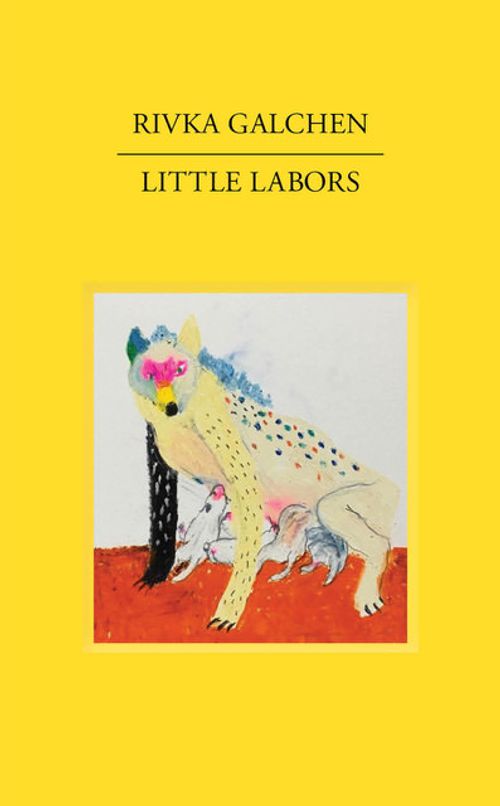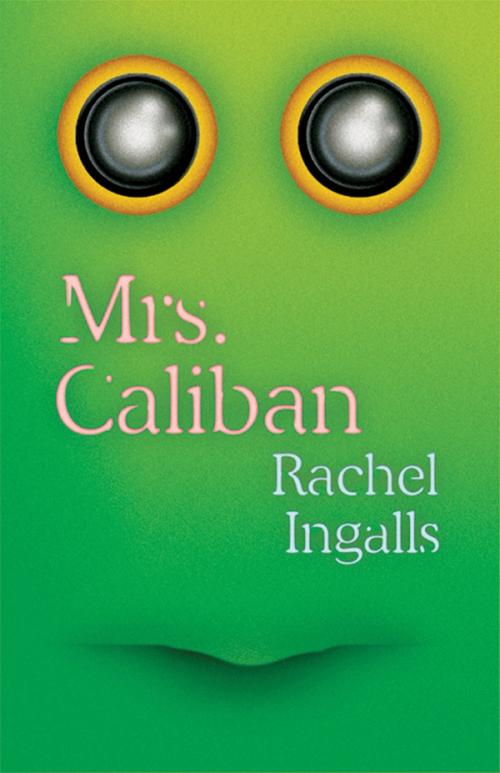Little Labors
Literature by Rivka Galchen
In late August a baby was born, or, as it seemed to me, a puma moved into my apartment, a near-mute force…. I had imagined that I was going to meet, at birth, a very sophisticated form of plant life, a form that I would daily deliver to an offsite greenhouse; I would look forward to getting to know the life-form properly later, when she had moved into a sentient kingdom, maybe around age three.
In paperback at last: Rivka Galchen’s beloved baby bible—slyly hilarious, surprising, and absolutely essential reading for anyone who has ever had, held, or been a baby. In this enchanting miscellany, Galchen notes that literature has more dogs than babies (and also more abortions), that the tally of children for many great women writers—Jane Bowles, Elizabeth Bishop, Virginia Woolf, Janet Frame, Willa Cather, Patricia Highsmith, Iris Murdoch, Djuna Barnes, Mavis Gallant—is zero, that orange is the new baby pink, that The Tale of Genji has no plot but plenty of drama about paternity, that babies exude an intoxicating black magic, and that a baby is a goldmine.
Paperback(published Mar, 26 2019)
- ISBN
- 9780811222969
- Price US
- 13.95
- Trim Size
- 4.5x8.25
- Page Count
- 144
Clothbound(published May, 17 2016)
- ISBN
- 9780811225588
- Price US
- 16.95
- Price CN
- 21.95
- Trim Size
- 4 1/2 x 7
- Page Count
- 96
Ebook(published May, 17 2016)
- ISBN
- 9780811222976


